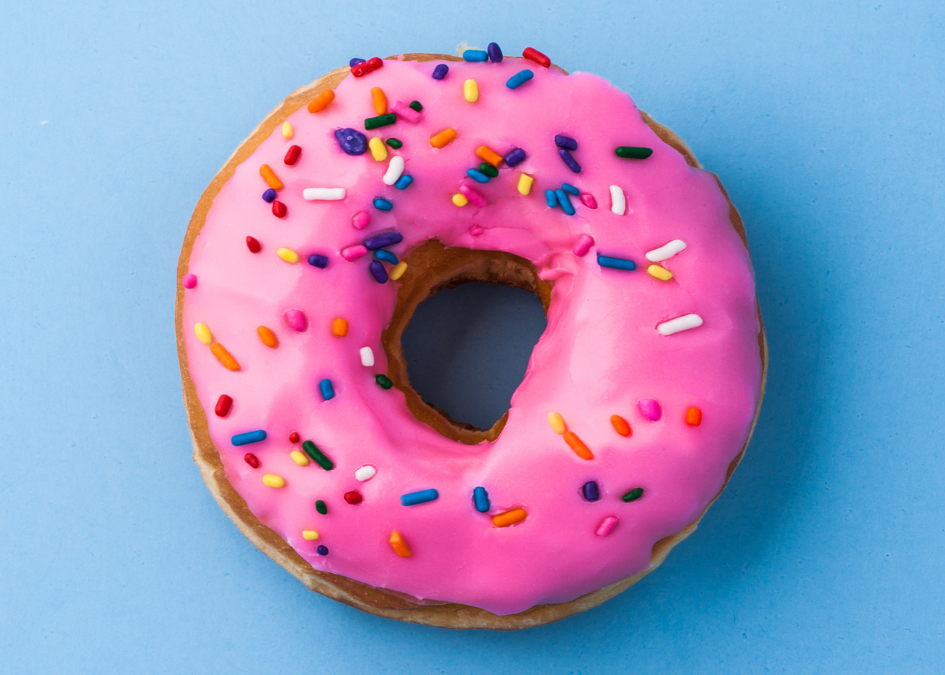Ever wondered how that “sugar-free” protein bar or doughnut that you grabbed from the shops on your lunch break can taste so sweet but there is next to zero sugar on the nutrition panel? What kind of healthy magic is this!? It tastes like chocolate but it says there is no sugar! Welcome to the world of alcohol sugars… these bad boys sweeten a lot of those “sugar-free” treats and drinks in the health isle but don’t fall under the “sugars” banner. Intrigued? Read on and find out if “sugar-free” is all it’s hyped up to be!
What are alcohol sugars?
As sweet as regular sugar, but with much lower calories; alcohol sugars have soared in popularity to create “sugar-free” and “no added sugar” foods. Essentially alcohol sugars are a type of carbohydrate, they are made up of sugar molecules and alcohol molecules and can be derived naturally from fruits, but mostly from other types of processed sugars like glucose. Contrary to what the name leads you to believe there is in fact zero alcohol content in these types of sugars (that protein bar will not get you drunk!)
Some of the more common alcohol sugars you might have seen in ingredient lists are sorbitol, mannitol, maltitol, erythritol, xylitol, and isomalt.

Halo Top ice-cream is a popular low-calorie alternative to regular ice-cream, as you can see they actually have Erythritol on their nutritional information.
Are they “healthy”?
The jury is still out on this one and it’s really on personal preference when it comes to your own body and your health goals. A big thing to know is that alcohol sugars are partially resistant to digestion (set off a few alarm bells for you?) This means when it comes to breaking them down, our bodies have a tough time. Some side effects can include, bloating, diarrhea, and an upset/ uncomfortable tummy for a little while. For sufferers of Irritable Bowel Syndrome, alcohol sugars can be a big trigger for symptoms.
On the flip side of this, the fact that they are lower in calories can be beneficial to those who are monitoring their caloric intake but want to indulge in something sweet and aren’t concerned with the side effects. Alcohol sugars can also be handy for those living with diabetes as their blood sugar spike is much lower after consuming alcohol sugars than regular sugar.
Which everyday foods contain alcohol sugars?
A few things in your local supermarket that you may not realise contain alcohol sugars:
- diet or zero soft drinks/juices
- “no added sugar” chocolate bars and lollies (Sweet William)
- certain protein bars (The Bar Counter bars, Quest Protein Bars)
- certain protein powders
- certain “no sugar” cake mixes and treats (Noshu cake mixes and doughnuts)
- chewing gum
- mints
- certain kinds of toothpaste
- chewable vitamins

As always, we recommend getting familiar with reading nutrition labels and making it a point to check the ingredients list to see what you’re really putting into your body. Get a feel for what works well for you and your digestive system – it’ll be smooth sailing when your body enjoys what you’re fueling it with!
If you want to get to know your Macros with 1:1 guidance coaching from one of our trainers, you can join the waitlist over here now
